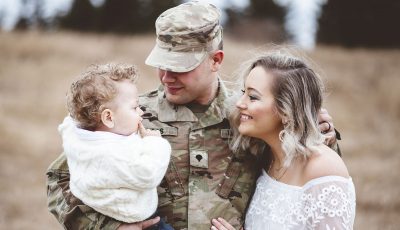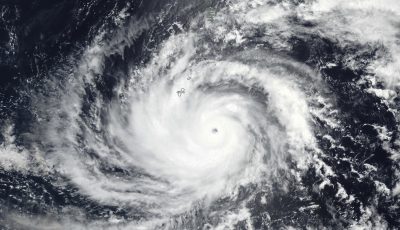You lost me at Vulpecula
I had to get something ironed out on a financial account. So I called the company. As part of their convenient 75-step verification process they wanted to verify my last name. I then heard something like the following from the customer rep:
“That’s ‘S’ as in Stochastic, ‘T’ as in ‘Troposphere, ‘ ‘E’ as in ‘Euclidian,’ ‘V’ as in ‘Vulpecula,’ ‘E’ as in ‘Erudition’, ‘N’ as in ‘Nanoparticle,’ and ‘S’ as in ‘Serendipitous.’ Is that the correct spelling, sir?”
Uh, I’ve got no idea. You lost me at “Vulpecula.”
Verbally transmitting letters of the alphabet has long been problematic, especially over radio frequencies and phone lines. It’s easy to mistake one letter for another. It’s also easy for a letter to fall through the aural cracks entirely.
Various “phonetic alphabets” have been developed to address this problem. A phonetic alphabet is just a standardized list of words that are used in place of their corresponding letters. For example, the word “November” can be used to signify the letter “N” because that’s what “November” starts with.
This approach puts some meat on a letter’s bones and it makes it easier to identity by ear.
The only phonetic alphabet I’ve used is the one used in the U.S. military. It’s also the standard for international aviation. It’s often called the ICAO (International Civil Aviation Organization) phonetic alphabet.
I’m not trying to sell anyone on the notion of using this, or any other, phonetic alphabet. I did, however, have a banker ask me to publish it so she could use it as a quick reference.
A long time ago an accountant asked me for the same thing. I had taken her flying in a helicopter. She heard the control tower frequency over her headset and she noted how succinct the communications were.
An old-timer in the Navy told me that this phonetic alphabet was developed to be pronounceable by speakers of various languages, notably NATO countries. I don’t know if it’s true, but it certainly is plausible. I have heard these words pronounced in really thick accents all over the world and they were recognizable.
Anyway, if you ever need to verify your name on your mutual fund account, vector a rescue helicopter to your coordinates, or, depending on how your portfolio is doing, accomplish both tasks at the same time, here’s the ICAO phonetic alphabet:
Alfa
Bravo
Charlie
Delta
Echo
Foxtrot
Golf
Hotel
India
Juliet
Kilo
Lima (“lee-ma”)
Mike
November
Oscar
Papa
Quebec (“keh-beck”)
Romeo
Sierra
Tango
Uniform
Victor
Whiskey
Xray
Yankee
Zulu
I’ll go on beyond Zulu for a moment and mention a term that ties in with it. In aviation and military circles, “Zulu” is a common name for Greenwich Mean Time (GMT) or its fancier incarnation and name, Coordinated Universal Time (UTC). Saipan’s time zone is Zulu time plus 10 hours. Even a slob like me can remember “Z+10,” so this notion is a useful trick.
Got that? Great. So, until next time, I hope you have a great Whiskey Echo Echo Kilo Echo November Delta.



























